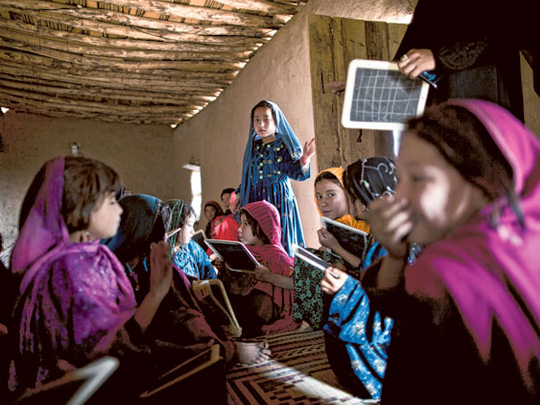
Quetta: Shiite Muslims in Pakistan’s troubled south-west on Friday buried the victims of a recent bomb attack after ending a protest following government assurances that the perpetrators would be hunted down.
Relatives had refused to bury the dead from a roadside blast earlier this week that killed 24 Shiite pilgrims in a bus around 60 kilometres (40 miles) west of Quetta, the capital of south-western Baluchistan province.
They ended their two-day protest late on Thursday after a government delegation led by Interior Minister Chaudrhy Nisar Ali Khan assured them an operation would be carried out against those responsible.
The government paramilitary Frontier Corps (FC), began an operation in Mastung district, where the attack took place, on Friday morning.
“Around 350 personnel of FC and police commandos are carrying out an operation in Mastung and its surrounding that started at 6am today, we have nabbed 25 suspects till now and the operation is going on” FC spokesman, Wasey Khan told AFP.
He said two helicopters were giving air cover to the personnel.
Baluchistan, rich in minerals but volatile and impoverished, has been the focus of growing sectarian violence in Pakistan.
Members of Quetta’s Hazara ethnic community, which is largely Shiite, began their protest on Wednesday and braved freezing temperatures to spend the night in the open.
Refusing to bury bodies is an extreme statement in Islamic society, where it is customary to inter the dead as soon as possible.
Shiites in Quetta staged similar protests last year after two devastating bomb attacks targeting their community, prompting Islamabad to sack the provincial government.
The militant outfit Lashkar-e-Jhangvi (LeJ), regarded as the most extreme Sunni terror group in Pakistan and accused of killing hundreds of Shiites since its emergence in the 1990s, claimed responsibility for the attack.
Shiites make up around 20 per cent of Pakistan’s population, which is largely Sunni Muslim.
A Human Rights Watch report this week said LeJ operated with “virtual impunity across Pakistan, as law enforcement officials either turn a blind eye or appear helpless to prevent attacks”.
More than 400 Shiites were killed in targeted attacks across the country in 2013, the rights group said.












